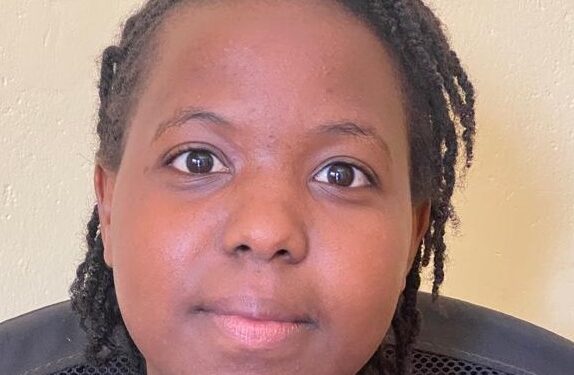As the planet heats up, bringing with it more drought, famine and extreme weather events, people will be left without access to basic human needs. Millions of people will suffer and die because of climate change, and as political leaders drag their feet to act on humanity’s biggest threat ever, those numbers will only increase.
Climate change isn’t simply a political or economic issue. It’s a human rights issue, perhaps the biggest one in human history. If we continue spewing greenhouse gases into the atmosphere, we not only destroy ecosystems and drive species to extinction, we indirectly violate human rights.
Extreme weather events are more prevalent in a warming world, leading to death, destruction of property and crops and limited access to food, water, shelter, healthcare and education, as the United Nations Environment Programme outlined in its 2015 climate change and human rights report..
No matter the outcome, people will suffer. All that carbon dioxide in the air isn’t going away any time soon, even if we miraculously stopped spewing the stuff into the air tomorrow. The impacts from the greenhouse gasses currently in the atmosphere will be felt for decades.
Today, climate change constitutes a mass death penalty facing all the people on this planet. Any amount of suffering that can be averted by curbing greenhouse gases, therefore, is something we should strive for. Every hundredth of a degree increase matters.
As climate change intensifies, people will be forced to adjust, investing billions of dollars in infrastructure or migration. Those who have more money can afford to move out of harms’ way. And those historically neglected or marginalized in society will only be further disadvantaged and threatened in a warming world.
Climate change doesn’t treat everyone equally. Low income communities, people of color and women will all be disproportionately affected as global temperatures rise. The inequality of climate impacts could be a continued hindrance to the progress of climate action.
Women and children are 14 times more likely to die in climate change disasters, according to the U.N. Women make up most of the world’s poor, and women tend to rely more heavily on natural resources for their livelihoods and societal gender roles.
To level the playing field, we must recognize the double-edged sword of climate change, which both violates human rights and disproportionately affects communities that are already most vulnerable.
Climate action and climate justice are inherently intertwined. Without climate justice, the actions taken to combat climate change could exacerbate existing social inequalities. Conversely, without climate action, the most vulnerable communities will continue to suffer the most from the impacts of climate change, perpetuating the injustice.
To achieve climate justice, it is crucial to prioritize the needs and rights of vulnerable communities, embed equity in climate policies, and ensure a fair distribution of resources. It requires transformative change at every level – from international agreements and national policies to local grassroots initiatives.
We need to fundamentally change our system on collaboration and equitable development in all parts of the world. One way to work toward a more just, equitable society is for countries to meet their commitments under the Paris Agreement and contribute to the Green Climate Fund, established to limit greenhouse gas emissions in developing countries and help vulnerable societies adapt to climate change.
Ultimately, climate action is not just about reducing greenhouse gas emissions and transitioning to a low-carbon economy. It is about creating a more equitable and just world. By acknowledging the historical responsibility, empowering communities, ensuring a just transition, and pursuing sustainable solutions collectively, we can work towards a future where climate justice prevails, and every individual has equal access to a clean and healthy environment.
Patience Katusiime
Program assistant,
Environment governance Institute Uganda, Pkatusiime1@gmail.com
Do you have a story in your community or an opinion to share with us: Email us at editorial@watchdoguganda.com













